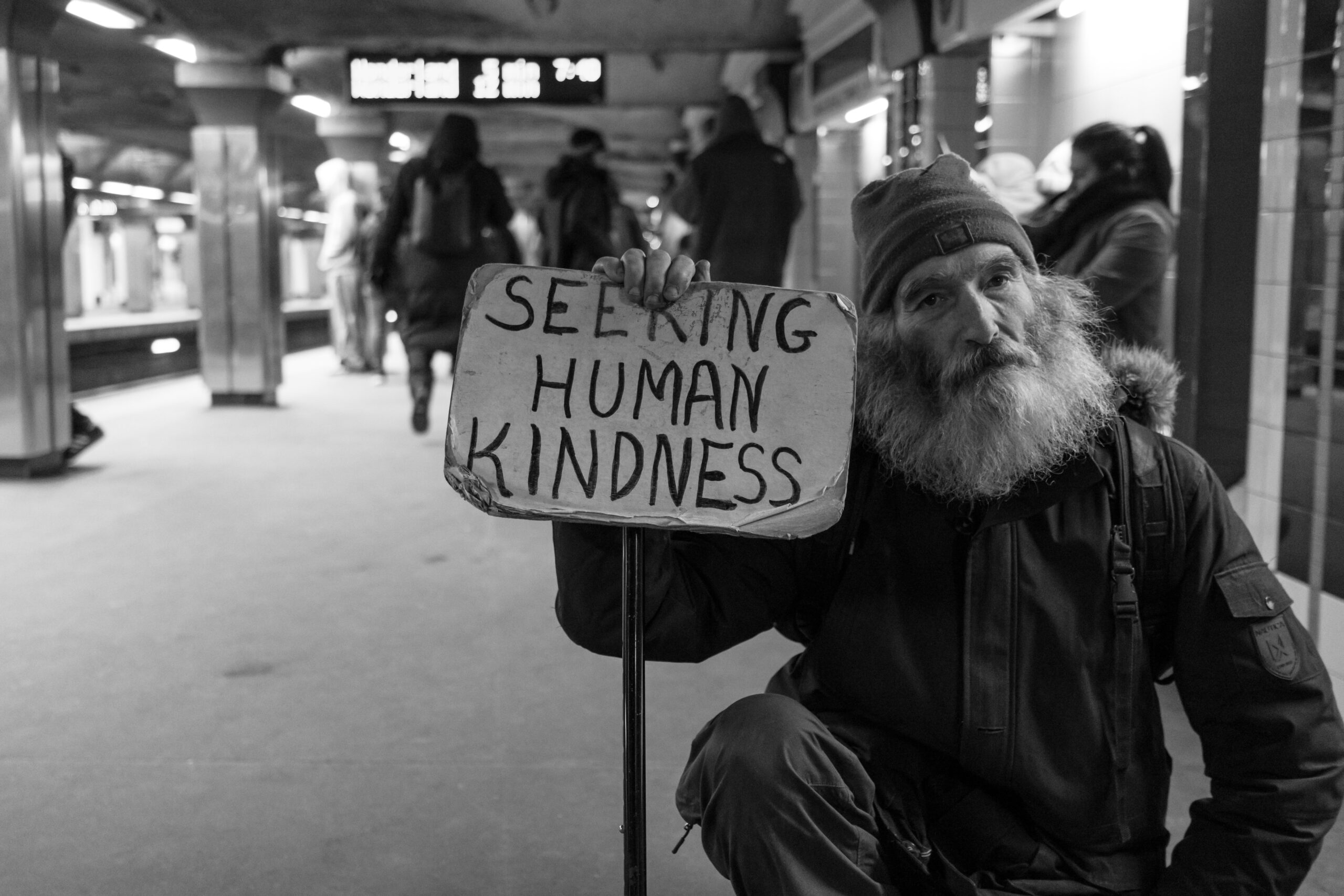A Story of Addiction Stigma
Years ago, my then girlfriend and I were invited to a dinner party with four other couples. As we sat down to dinner, everyone was making chit-chat or catching up on the latest events in their respective families. As things quieted down, a woman named Deb called across the table and asked one of the other women “did you hear about so-and-so’s daughter?” The reply was “no, is everything all right with her?” Deb lowered her head and in a loud whisper voice replied “drugs, rehab.” To which the other woman responded, “that’s too bad.” After a few minutes of grazing on our salads, I kicked my girlfriend’s leg and asked Deb how the young girl was doing. Without missing a bite of her salad, Deb replied “oh, I don’t know.” We continued to enjoy our meal and conversation when Deb asked me “what do you do for a living Matt?” I told her I was a marketing director for a boutique rehab nearby. She followed up with “how did you get into that?” I quickly told her that I was a recovering drug addict and alcoholic and went back to eating my dinner with a smile on my face.
The look on her face as her jaw dropped was priceless. While I could have explained that I have been a marketing professional for a long time, I could not resist and gave Deb what she had coming, and she seemed awkward for the remainder of the evening. Maybe she will think twice about stigmatizing people with addiction and learn to be kind in the future (although, I would bet against it!)

Addiction Stigma
Stigma is described as a set of negative attitudes that a group or society holds about a topic or group of people. According to the World Health Organization, stigma is a key cause of bias and rejection and it adds to the abuse of human rights. When an individual feels stigmatized, they are seen as less than because of their real or perceived health condition. Stigma is typically not based on facts but rather on assumptions, preconceptions, and gossip; therefore, its negative impact can be prevented or reduced through education. Stigma results in prejudice, avoidance, rejection, and discrimination against people who have a socially objectionable trait such as drug addiction or alcoholism.
Family, friends, and a community can carry damaging feelings about people suffering addiction. They use pejorative phrases like “junkie,” “drunk,” or “crackhead.” These thoughts, feelings, and labels can create and perpetuate stigma. This is not helpful but only harmful to those suffering from the 2nd largest health crisis in America – addiction. It was number one but swiftly replaced by Covid-19.
Simple Path Recovery is an oceanside, boutique addiction treatment center located in Pompano Beach, FL. Recognized as a Top Florida Drug & Alcohol Rehab, Simple Path is committed to individualized care, 12-step integration, and Medication Assisted Treatment (MAT). Their addiction helpline is available 24/7 at 855-467-3625.
About the Author
Matthew Koenig is the principal of Last Call Marketing, which devotes their efforts to Digital Marketing, Content Marketing, Website Design and SEO, primarily in healthcare and tourism concerns. Mr. Koenig is based out of South Florida. His sober date is June 10, 2013.








